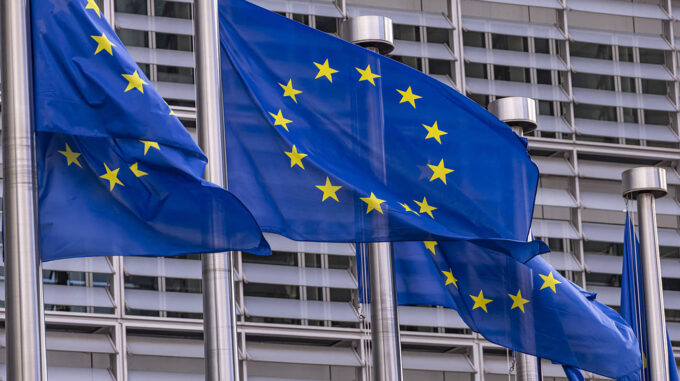In Brussels, there is an anxious discussion about a new scenario for Ukraine’s European integration development, which the media has dubbed the “Plan B

" It involves a deliberate attempt to create an alternative pathway to EU membership, bypassing delays and blockages by Hungary, particularly its Prime Minister Viktor Orbán. This international political and legal decision has generated considerable interest as well as concerns among experts and diplomatic circles. According to sources in Brussels, the initial steps within this "Plan B" have already been taken, although the official EU position remains cautious and no details are publicly disclosed. Internal documents and analyses indicate that on the eve of scheduled negotiations in August or September regarding Ukraine’s EU accession, active legal and procedural preparations are underway to enable progress even if disagreements with Hungary remain unresolved. The core idea of this alternative scenario is the creation of so-called "parallel negotiations"—a process whereby, outside the joint format with all member states, Ukraine conducts separate, yet highly synchronized discussions with 26 EU countries (all except Hungary). This approach would allow Ukraine’s legal and technical integration into European structures to continue even if Hungary’s unified stance continues to block its candidate status. Sources explicitly state that as early as last week, the first legal steps within this "Plan B" have been implemented. At the same time, a significant part of this so-called "discrete" diplomatic work remains ahead and is planned for long-term implementation. It is expected that by August-September, in the absence of positive developments in Hungary-Ukraine negotiations, a full-fledged parallel process will be launched. Regarding technical aspects, this scenario leverages the flexibility of European law, which permits progress without formal unanimity. In areas requiring consensus among all member states, the 26 EU countries are conducting separate negotiations with Kyiv based on individual documents and programs, called "clusters." Official completion of technical and legal procedures for Ukraine is anticipated to coincide with the announcement of talks’ initiation for Moldova regarding its candidate status. The plan also envisions intergovernmental conferences, which are traditionally decisive in the EU enlargement process. According to sources, decisions to convene such conferences do not require unanimity—on the contrary, they can be adopted in a format that allows Ukraine’s participation regardless of Budapest’s position. Additionally, there is an idea to hold joint negotiations for Ukraine and Moldova, which could serve several purposes. For Moldova, such conferences should conclude with the official recognition of fulfillment of key criteria and take a further legal step toward accession. For Ukraine, this process would provide political confirmation and ensure that Hungary’s unresolved veto does not hinder its European integration trajectory in the future. The main goal of the "parallel negotiations" is to create the possibility, at any moment when the political situation in Hungary changes—whether due to regime change, political shifts, or compromises—to quickly implement missed opportunities and launch comprehensive legal procedures. This approach, as conceived by its developers, aims to provide Ukraine with more flexible and minimally externally dependent paths to the European community. At the same time, analysts stress that this "Plan B" has its drawbacks. Many experts warn that such an approach could lead to legal ambiguities, political instability, and a weakened capacity for Ukraine’s consistent and unified advancement toward EU standards and values. This might complicate Ukraine’s further integration into the European space and create additional challenges for diplomatic efforts by other EU members. Overall, the situation remains tense: Brussels is preparing several scenarios to support Ukraine’s aspirations to join the EU, regardless of external obstacles. These strategies involve delicate use of legal, political, and diplomatic tools to ensure progress—even when the traditional path of EU integration is hindered or blocked. This marks a new phase in Ukraine’s comprehensive European integration strategy, which could determine its future course toward becoming a full member of the European Union.

